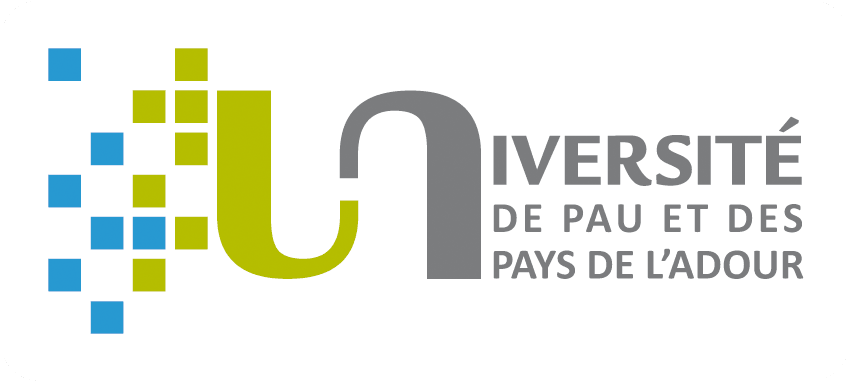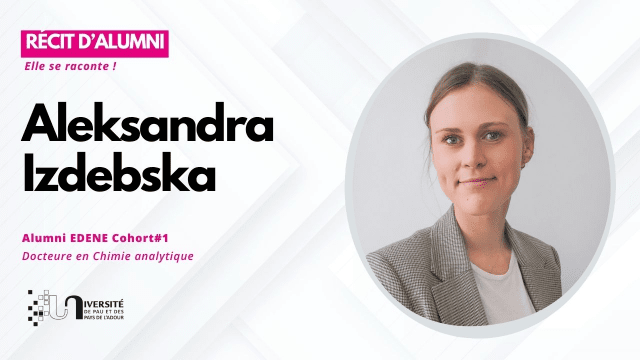Mohamed Rozki, PhD in Civil Engineering, alumni EDENE Cohort#1 (Copie)
Your doctoral journey
What are you most proud of in your doctoral journey?
Looking back, I am most proud of the steady, incremental improvements I made in my work and the confidence I gained as a researcher. This allowed me to take on an increasingly higher workload of the PhD thesis with greater ease, efficiency, and structure. As my understanding of my research topic grew, tasks that once required intense effort gradually became second nature. This progression is, in my opinion, what pursuing a PhD is truly about.
Can you briefly summarize the key contributions of your two most significant publications?
My doctoral research led to a first-author publication on method development for the detection of arsenic in plant samples, as well as co-authorship on an article examining temporal changes in arsenic forms in the seedlings of small-leaved linden. The key contribution of my publications is that our comprehensive analytical approach made it possible to identify compounds potentially involved in the plant’s phytoremediation capacity and arsenic tolerance, while also providing insight into the differing phytotoxicity mechanisms of selected arsenic species.
Your experience at UPPA
How did you experience your PhD journey at UPPA and within the EDENE programme?
How did you experience your PhD journey at UPPA and within the EDENE programme?
My PhD journey has been a period of both personal and professional growth. It tested my patience and resilience. Throughout this time, I’ve learned how to overcome setbacks and adapt to new conditions. Now that I’ve completed my thesis, I feel better equipped to tackle professional challenges in my future.
Additionally, a major aspect of this journey was the solidarity and camaraderie of my fellow EDENE students from COHORT#1, as well as the international student community at UPPA. Through mutual support and understanding, we helped each other in overcome challenges, and outside of our research, we bonded over shared experiences and made lasting memories.
Did you benefit from international mobility or interdisciplinary collaborations?
Yes, I did. What initially attracted me to the EDENE programme was in fact, its international and interdisciplinary focus. During the second year of my PhD, I completed a six-week secondment at the Faculty of Forestry and Wood Technology of the Poznań University of Life Sciences in Poland. During this stay, I gained valuable insight from my collaborators into the environmental and biological aspects of the wider research framework related to my PhD project. It was also an opportunity to experience research in a laboratory with a slightly different scientific profile. The most significant part of my secondment was the experiment employing a quasi-hydroponic system to investigate the effect of organic acids on the uptake of various forms of arsenic by small-leaved linden seedlings.
Your career perspectives
How did your professional project come to life and how did it evolve throughout your journey?
My professional project evolved significantly over the course PhD. At the beginning, I focused on building a strong technical foundation. The initial stages of the project presented several challenges, which required extensive problem-solving and in-depth review of the literature to determine appropriate solutions. As I established the analytical workflow, the scope of the project expanded to incorporate international mobility, additional experiment, and dissemination of the results at chosen conferences and in the articles published. Importantly, with time, I learned to prioritize essential goals and those that could be adapted or reconsidered. In the end, I accomplished most of my objectives, though the path was far less linear than originally anticipated.
Want to know more?
The EDENE doctoral programme, funded by the European H2020 Marie Skłodowska-Curie COFUND initiative and managed by the University of Pau and Pays de l’Adour (UPPA), aims to train international researchers in the fields of energy and the environment. By promoting an interdisciplinary, intersectoral, and international approach, the programme helps strengthen the impact of research on these major challenges. Between 2021 and 2026, 30 high-potential international PhD candidates were recruited, bringing substantial added value to scientific and technological innovation in these strategic areas.

Comments0
Please log in to see or add a comment
Suggested Articles


